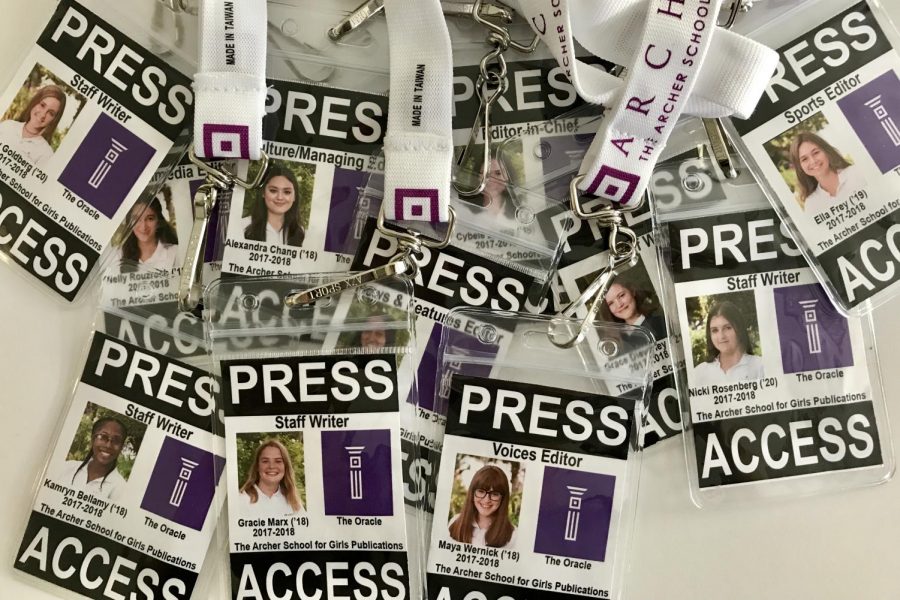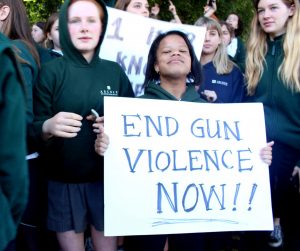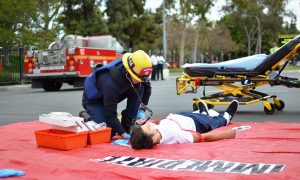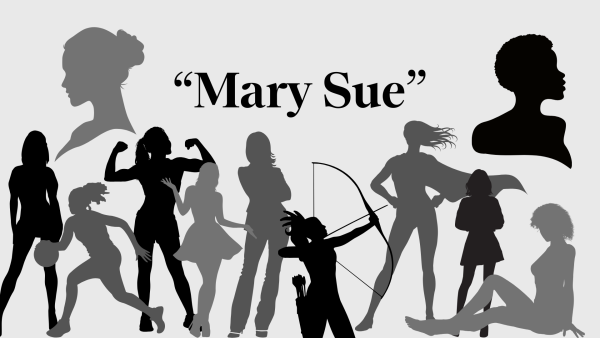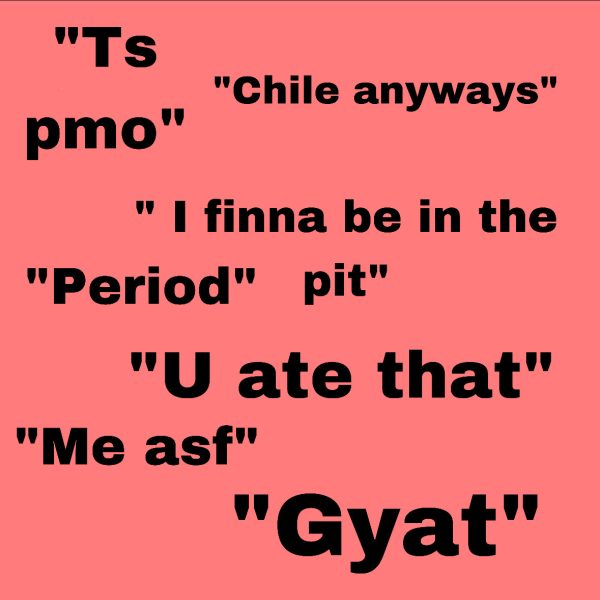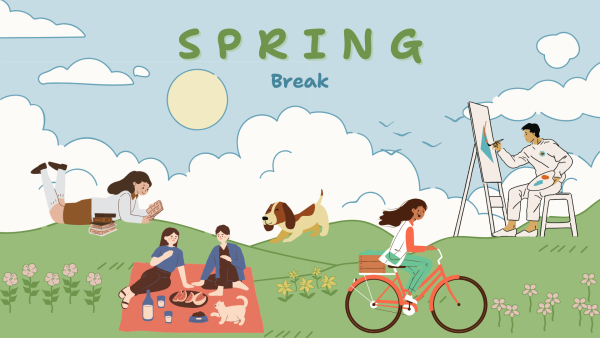Editorial: More than an elective — The necessity of student journalism
Photo credit: Kristin Taylor
Oracle staff members’ press passes. Each student wears a press pass when covering events to separate themselves as student reporters.
It took six minutes and 20 seconds for 17 students in Parkland, Florida, to be shot and killed by a fellow classmate three months ago.
Since the Marjory Stoneman Douglas shooting in February, thousands of teens have come together to support the March For Our Lives. However, even as many in our nation have engaged in meaningful conversations about gun violence, the spread of fake news has made rational problem-solving more difficult.
March For Our Lives creator Emma Gonzalez, who became a hero to millions of Americans following the MSD shooting, was one target of misinformation. An iconic photo of Gonzalez tearing up a paper shooting range target was manipulated to depict her destroying United States Constitution. Though Teen Vogue, the publisher of the original image, released a tweet debunking the doctored photo shortly after it emerged online, the damage was done. Social networking platforms and public figures had already reposted the image, reaching hundreds of thousands of followers. Trolls attacked Gonzalez for her Cuban heritage and even compared her to a member of the Hitler Youth.
Unfortunately, this instance of propaganda is not an isolated incident. Across the world, people are finding it more difficult to differentiate between fake news and legitimate journalistic coverage. 59 percent of people surveyed for the 2018 Edelman Trust Barometer said that they are consistently unsure of whether what they see in the media is true. Perhaps even more startling is the revelation that 23 percent of Americans have shared a fabricated news story online, 16 percent of which didn’t even realize that the content they posted was incorrect.
In a national climate where even a photo of a teenager advocating for her right to safety is transformed to advance a political agenda, we need a generation of voters who can think critically and question seemingly obvious truths.
This is where student journalism comes in.
In writing for the Oracle, we have learned firsthand of the important processes that go into crafting any journalistic piece. In order to effectively inform the Archer community, we fact-check, assess our sources’ biases and think carefully about the ethical ramifications of everything we publish. These skills won’t just help us in the classroom — they’re exactly what we need to become informed members of a democratic society. Offering journalism as a course in all schools can better teach students across the nation how to write and understand factual news.
A free press allows students, like the sixteen members of the Oracle, to report on matters of interest to the community that range from national news to the daily goings-on of our school.
After all, who understands the student perspective better than someone who has experienced their school undergoing construction, cheered their friends on as they won a CIF-SS championship and observed their classmates take to the streets of Brentwood to stand against gun violence?
Student journalists give the Archer community unique and factual access to stories such as “Coming Out Conservative: Being Republican at Archer” and “‘Black Lives Matter’ Dance Calls for more Racial Awareness at Archer.”
So consider this when you have an extra minute during a free period, lunch or long ride home on the bus: Did I read the Oracle today?
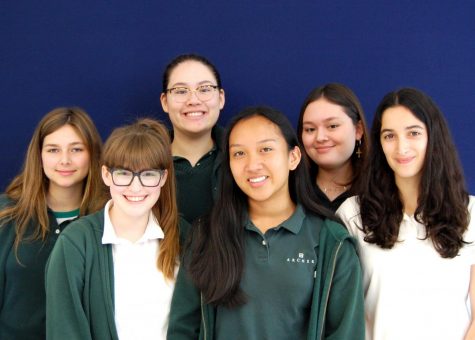
The Oracle's student editorial board, led by the Editor-in-Chief, makes all decisions that pertain directly to the Oracle and has final say over all content....
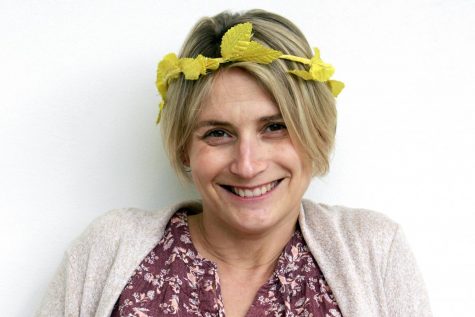
Kristin Taylor teaches scholastic journalism at the beginning and advanced level, advising the Oracle and the yearbook, Hestia’s Flame. She is a strong...



